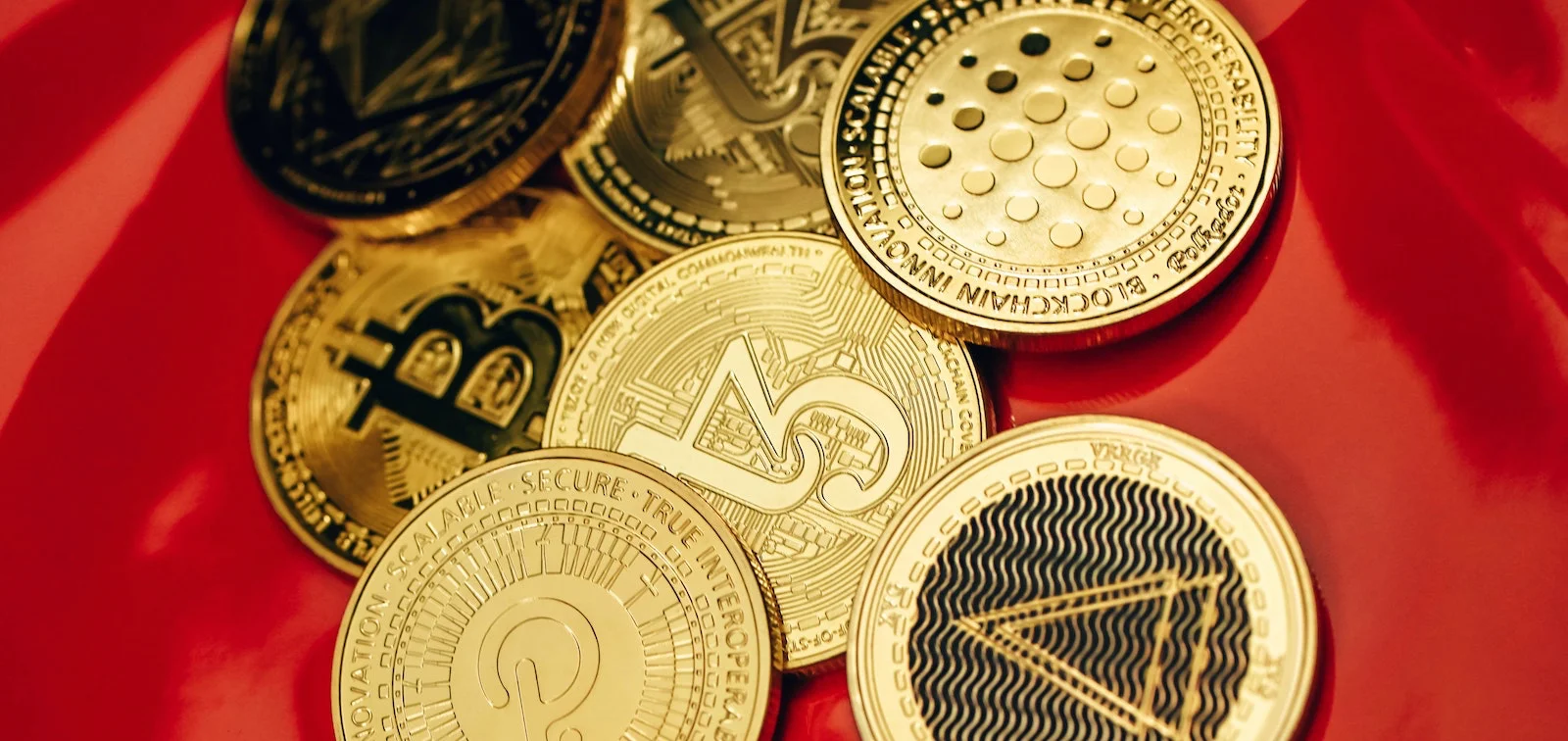Is cryptocurrency really money? Learn about its use as a medium of exchange, store of value, and unit of account in this informative article.
With the rise of Bitcoin and other digital currencies, more and more people are starting to question whether cryptocurrency can be considered real money. In this article, we will explore the question “Is crypto real money?” and examine the characteristics of cryptocurrency that make it similar or different to traditional forms of money.
Defining Money
Before we can answer the question of whether cryptocurrency is real money, we need to define what money is. Money is a medium of exchange that is widely accepted in transactions for goods and services. It also serves as a unit of account and a store of value. Historically, money has taken various forms, such as precious metals, paper currency, and digital currency.
Cryptocurrency as Money
Cryptocurrency shares many of the characteristics of traditional money. It can be used as a medium of exchange, store of value, and unit of account. From this point of view, we can say cryptocurrency is real money. In terms of legal classification of crypto, it varies between countries, there is no international consensus.
There are also some significant differences between cryptocurrency and traditional money.
One of the main differences is that cryptocurrency is not issued by a government or central authority. Instead, it is created and managed by a decentralized network of computers. This means that cryptocurrency is not backed by a government or any physical asset, such as gold. Instead, it derives its value from supply and demand in the market.
Another difference is that cryptocurrency is purely digital. It exists only in a digital form and is not backed by any physical asset. This means that it is not subject to the limitations of physical currency, such as being easily counterfeited or physically deteriorating over time.

Criticism of Cryptocurrency as Money
There are some criticisms of cryptocurrency as money. One of the main criticisms is that it is highly volatile. The value of cryptocurrency can fluctuate rapidly, making it a risky investment. This is because cryptocurrency is not backed by any physical asset or government, and its value is determined solely by supply and demand in the market.
Another criticism is that cryptocurrency is not widely accepted as a form of payment. While there are businesses that accept cryptocurrency, it is not yet widely used in everyday transactions. This means that it may not be as useful as traditional forms of money for everyday purchases.
Real-world Examples of Cryptocurrency as Money
Despite these criticisms, there are many examples of cryptocurrency being used as a form of payment. For example, some online retailers and service providers accept Bitcoin and other cryptocurrencies as payment. Additionally, some individuals use cryptocurrency to send money internationally, as it can be faster and cheaper than traditional wire transfers.
There are also examples of mainstream companies starting to accept cryptocurrency. For instance, in 2021, PayPal announced that it would allow its users to buy, hold, and sell cryptocurrency on its platform. Tesla also made headlines when it announced that it had invested $1.5 billion in Bitcoin and would accept the cryptocurrency as payment for its products.
Is Crypto Real Money?
So, is crypto real money? The answer depends on how you define money. If we define money as a medium of exchange that is widely accepted in transactions for goods and services, then cryptocurrency fits the bill. It can be used to buy goods and services, and its value is determined by supply and demand in the market.
However, if we define money as a form of currency that is backed by a government or physical asset, then cryptocurrency falls short. Cryptocurrency is not backed by any government or physical asset, and its value is subject to fluctuations in the market.
Conclusion
In conclusion, cryptocurrency shares many of the characteristics of traditional money and can be used as a medium of exchange, store of value, and unit of account. However, it is also different from traditional money in that it is not backed by a government or physical asset and is subject to high volatility. Despite these differences, cryptocurrency has gained widespread popularity and is increasingly being used as a form of payment by businesses and individuals.
While the future of cryptocurrency is uncertain, it is clear that it is here to stay. As more businesses and individuals adopt cryptocurrency, it is likely that it will become more widely accepted and more useful for everyday transactions. However, it is also important to be aware of the risks and limitations of cryptocurrency as a form of money, such as its volatility and limited acceptance.
In conclusion, whether or not cryptocurrency is considered real money depends on how we define money. While it has some similarities to traditional forms of money, it also has some significant differences. As cryptocurrency continues to evolve and gain acceptance, it will be interesting to see how it develops and whether it will become a more widely accepted form of money in the future.